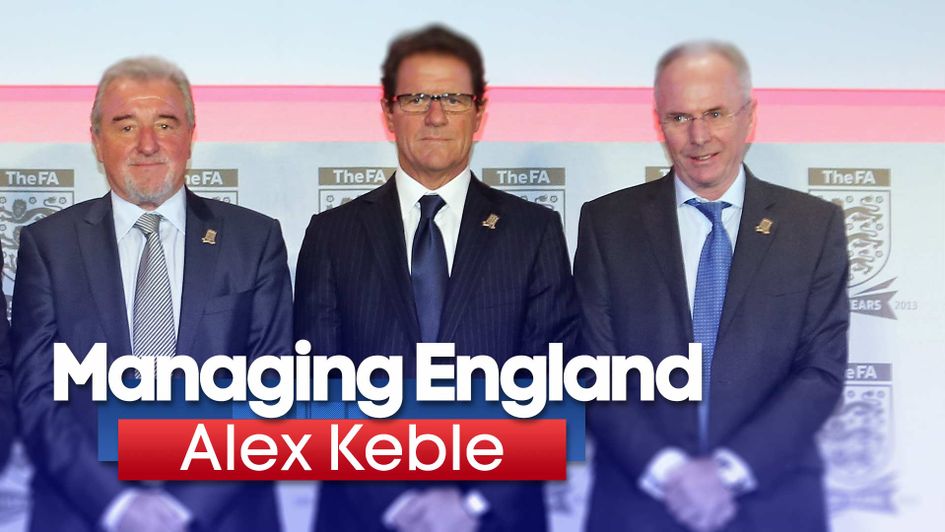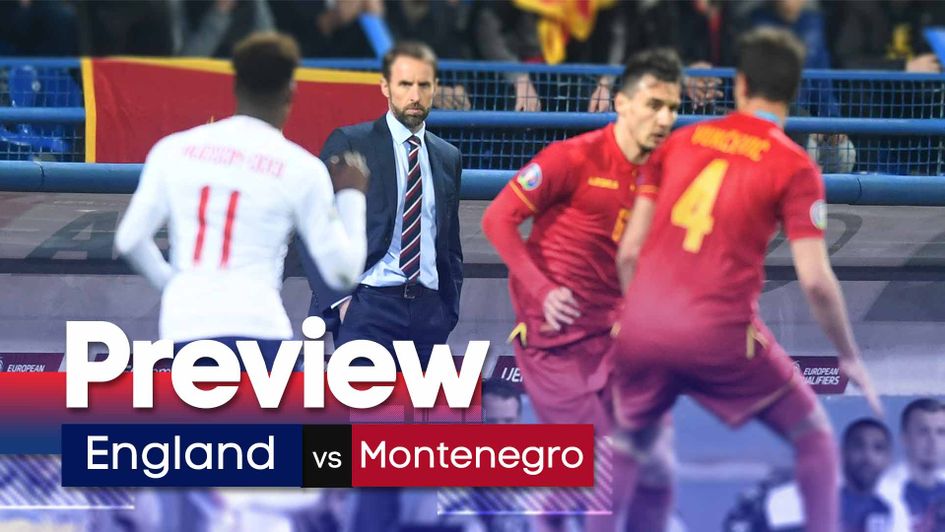With England on the verge of qualifying for Euro 2020, we take a look at the good and bad aspects of every England manager over the last 25 years, excluding those who managed their country for fewer than 20 matches.
Terry Venables: 1994-1996
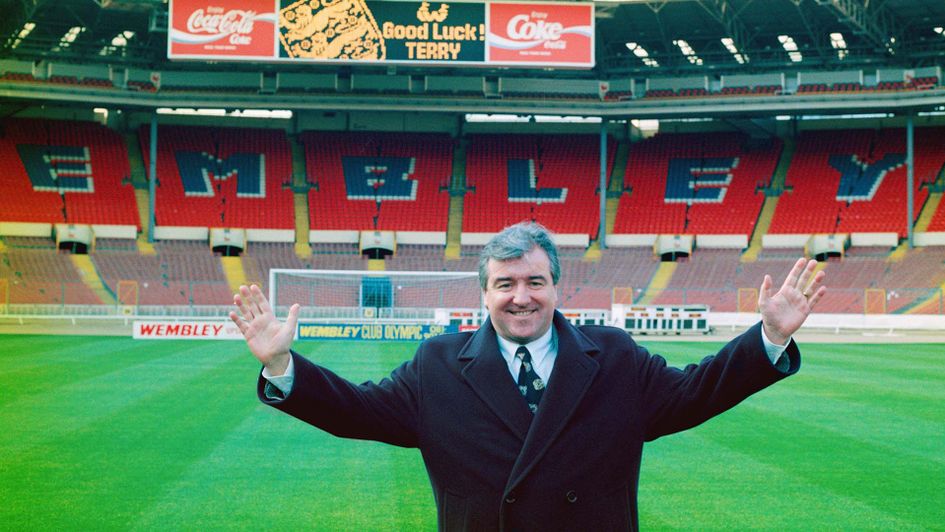
The good: El Tel took England to the semi-finals of Euro 1996 with astute man-management and daring tactics, a combination that has greatly influenced Gareth Southgate. The former centre-back, who missed a penalty in that semi-final, has praised Venables’ ‘calm leadership’ in giving players space to blow off steam - while stepping in with a firm hand when necessary. It’s easy to see the influence.
Tactically, Venables famously introduced the ‘Christmas tree’ formation early in his reign and would become known as something of a tactical maverick (thanks to his savvy number two, Don Howe), switching dramatically between systems at the Euros – most notably outplaying Holland in a 4-4-2 and matching Germany in a 3-5-2. For the latter system, Venables converted attackers into aggressive wing-backs (Steve Mcmanaman and Darren Anderton) with Paul Gascoigne in the hole behind two strikers. He brought attractive attacking football that England fans have never forgotten.
The bad: Critics have argued England only actually put in two good performances at Euro 96, against Holland and Germany. The 4-4-2 looked a clunky mistake in the 0-0 draw (and forgotten shootout win) against Spain, England laboured to a 1-1 draw against Switzerland, and Venables was criticised for failing to use all of his substitutes in an exhausting 120 minutes against the Germans. However, Venables undoubtedly changed the culture, modernising England’s tactics after Graham Taylor’s failure.
Glenn Hoddle: 1996-1999
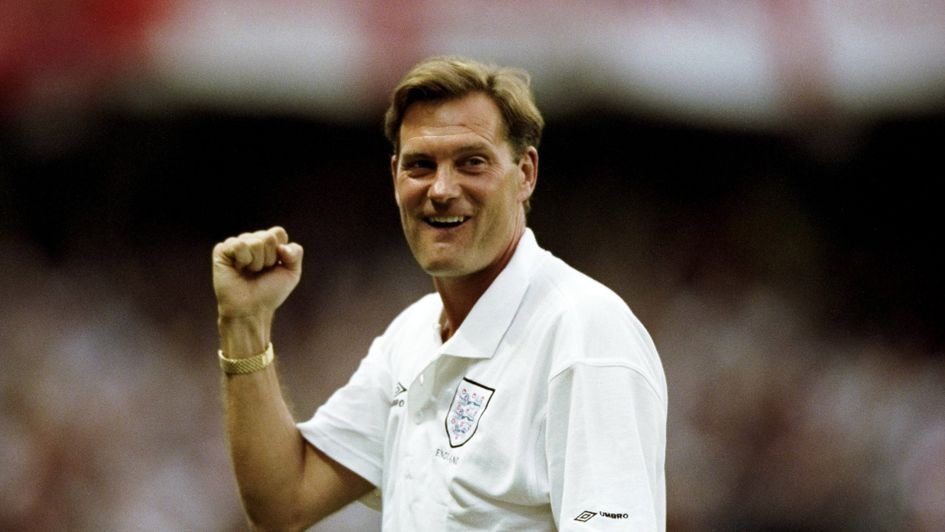
The good: England continued to play attractive attacking football under Hoddle, and although on paper his achievements are minimal – just a second round appearance in the 1998 World Cup – he provided a flexibility and tactical coherence that England’s players enjoyed. Wedded to a 3-5-2, Hoddle’s team were gradually growing throughout his three years in charge despite a poor start to Euro 2000 qualification.
The players received complex instructions on the tactics board with opposition weaknesses highlighted and exploited, while Hoddle – a diligent organiser - was also keen to experiment. It is testament to his managerial skills that Argentina did not create a single good chance in the 70 minutes following David Beckham’s dismissal; England had prepared for playing with 10 men, Michael Owen performing admirably on the right wing in a 4-4-1.
The bad: But Hoddle’s tenure will always be remembered for his spiritual beliefs. Superstition and ceremony were prominent in the dressing room, with faith healer Eileen Drewery infamously employed as part of the England staff during the World Cup. Things came to a head in January 1999 when Hoddle, under pressure following bad results against Sweden and Bulgaria, gave an interview in which he suggested disabled people were being punished for sins in a former life. He was dismissed three days later.
Some believe Hoddle left just when things were falling into place (Rio Ferdinand’s emergence as a ball-playing centre-back had lifted his tactics), while others have argued the FA were looking for an excuse to get rid of him. From leaving David Beckham out of the group stages because he was ‘unfocused’ to leaving Paul Gascoigne out of the squad altogether, Hoddle didn’t ‘communicate well with people’ - in the words of Southgate.
Sven-Goran Eriksson: 2001-2006

The good: The mood at Eriksson’s unveiling as England manager perfectly captures Sven’s six years in charge; while the FA believed it was a coup to land a coach who had just won Serie A with Lazio, fans were unsure whether they could accept a foreign manager with a reputation for conservative football. The FA wanted results, and they very nearly got them. England reached three successive tournament quarter-finals, twice going out on penalties and losing 2-1 in the World Cup to eventual winners Brazil. Not a bad record.
The bad: But an alternative perspective would be that Sven wasted England’s ‘Golden Generation’ with unnecessarily cautious tactics, stubbornly using an ill-fitting 4-4-2 formation while neutering the players’ talents by preaching organisation over creativity. England were tedious to watch, scraping through qualifying and the group stages of major tournaments and perpetually playing within themselves.
Eriksson’s private life was splashed across the papers, and the ‘fake Sheikh’ scandal, when a News of the World journalist filmed Sven admitting he would leave England for Aston Villa if they were bought out, indirectly led to his dismissal. His era also saw the rise of ‘WAG’ culture, as the celebrity-obsessed tabloids took advantage of Sven’s quiet, relaxed man-management style.
His time in charge will always be remembered as a missed opportunity, and for the incessant debate over whether Frank Lampard and Steven Gerrard could play in the same team. In a 4-4-2, it just didn’t work.
Fabio Capello: 2008-2012
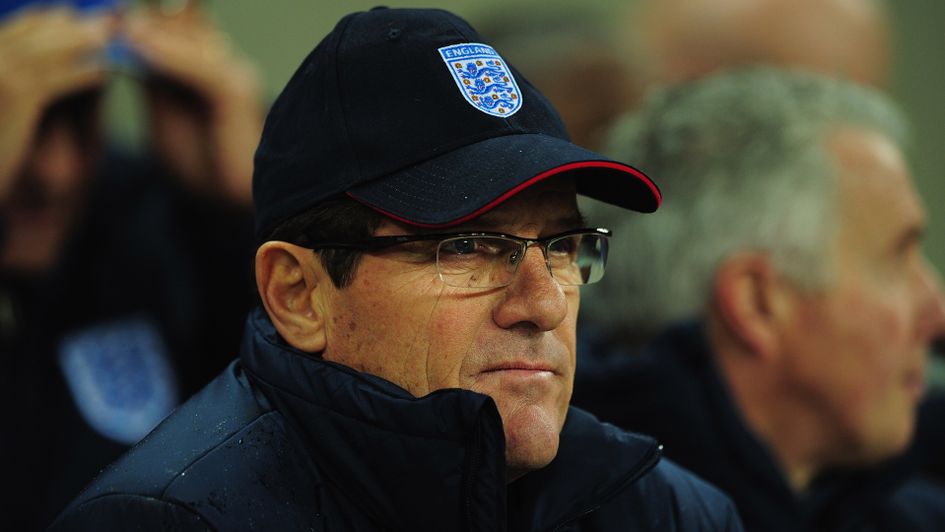
The good: Following the dismal performance of Steven McClaren, and amid growing concern that England’s celebrity players held too much power (an issue that began under Sven), Fabio Capello was just the disciplinarian England needed. His win percentage (66.7%) is the highest in England’s history thanks to some disciplined and interesting tactical approach, moving from a 4-4-2 to 4-3-3 towards the end as he looked to move the ‘Golden Generation’ aside. His excellent record in qualifying spoke to an efficient and highly organised management style.
The bad: But there are very few positives to take from the Capello era. His disciplinary attitude left the players feeling isolated, untrusted, and bored, while the defensive tactics further created a sense of existential crisis that had begun to engulf the England national set-up. His only tournament, the 2010 World Cup, ended in 4-1 humiliation by Germany, before the Italian resigned from his post following the FA’s decision to strip John Terry of the captaincy. It was an ending that symbolised a fundamental problem with Capello as England manager; he could not cope with the idiosyncratic politics of the role.
Roy Hodgson: 2012-2016
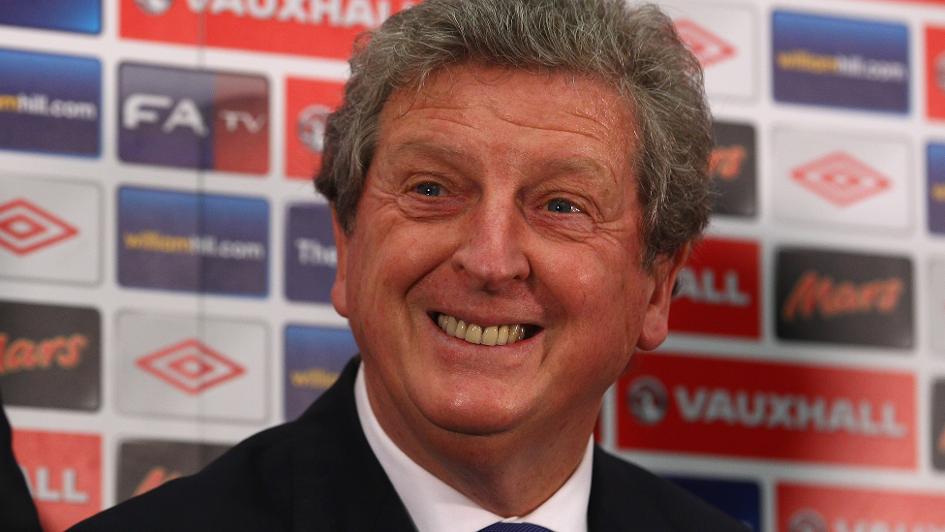
The good: Hodgson was considered a stable choice following Capello’s resignation, a series of injuries leaving expectations very low ahead of Euro 2012. With the benefit of hindsight, following four very disappointing years at the helm, the greatest thing Hodgson did for England was gradually lowering expectations while introducing a possession game. Under Capello, and for decades before that, England were held back by an unearned entitlement; Hodgson’s quiet dampening of this finally ended the myth of England as a top nation – paving the way for Southgate to be given reasonable expectations in 2018.
The bad: But tactical confusion was a big problem for Hodgson, who clearly wanted England to build out from the back with short-passing football but was unable to let them loose creatively. Wondering dazed around the pitch in a 4-2-3-1, England had no cutting edge. It was possession football, but poorly organised.
The job seemed just too big for Hodgson, who continually picked players on reputation rather than performance and seemed to be paralysed by fear, preaching conservative football that only made that England shirt feel heavier on the players. Getting knocked out of the World Cup in the group stages was bad enough, but it was the 2-1 defeat to Iceland in Euro 2012 that revealed Hodgson was overwhelmed. From Harry Kane taking corners to Wayne Rooney in midfield, England were confused, pained, and lost.
How Southgate is different
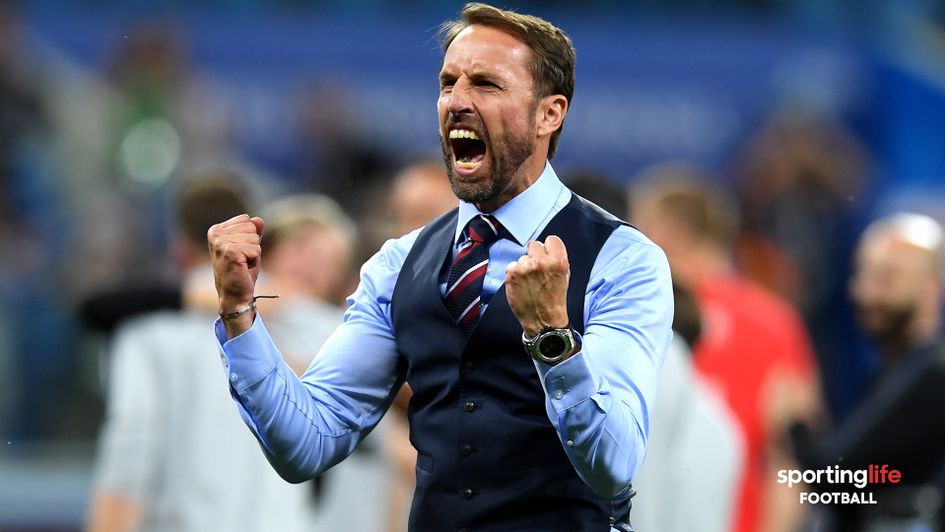
The turnaround over the last three years has been truly remarkable. Southgate, learning his man-management from Venables and his media skills from years of experience as an England player, has reconfigured national expectations while removing pressure from the players’ shoulders. Southgate is continually evolving, too, marking him out from any other England manager in the 21st century. The 3-4-3 has given way to a Klopp-esque 4-3-3 that, though still flawed, is at least maximising the squad’s talents.
Southgate is squeaky clean, unlike Sven, has a clear plan, unlike Hodgson, and trusts his players, unlike Capello. Question marks remain over his in-game tactical strategizing, but his ability to make watching England a fun experience should not be underestimated.
England v Montenegro preview
Follow Sporting Life on social media - find us on Facebook here or tweet @SportingLifeFC
Related football links
- Sterling offers Gomez apology
- When team-mates fall out
- Rio blasts Southgate over Sterling
- Southgate keen to move on
- Watch: Premier League highlights
- Listen: Premier League Weekly Podcast
- Emery shortens in sack race
- Watch every Sky Bet Championship goal
- Listen: Championship Podcast with David Prutton
- This Manager's Life: Sabri Lamouchi
- Super 6: Enter NOW!
- Fantasy Football: Pick your team now!
- Football results






